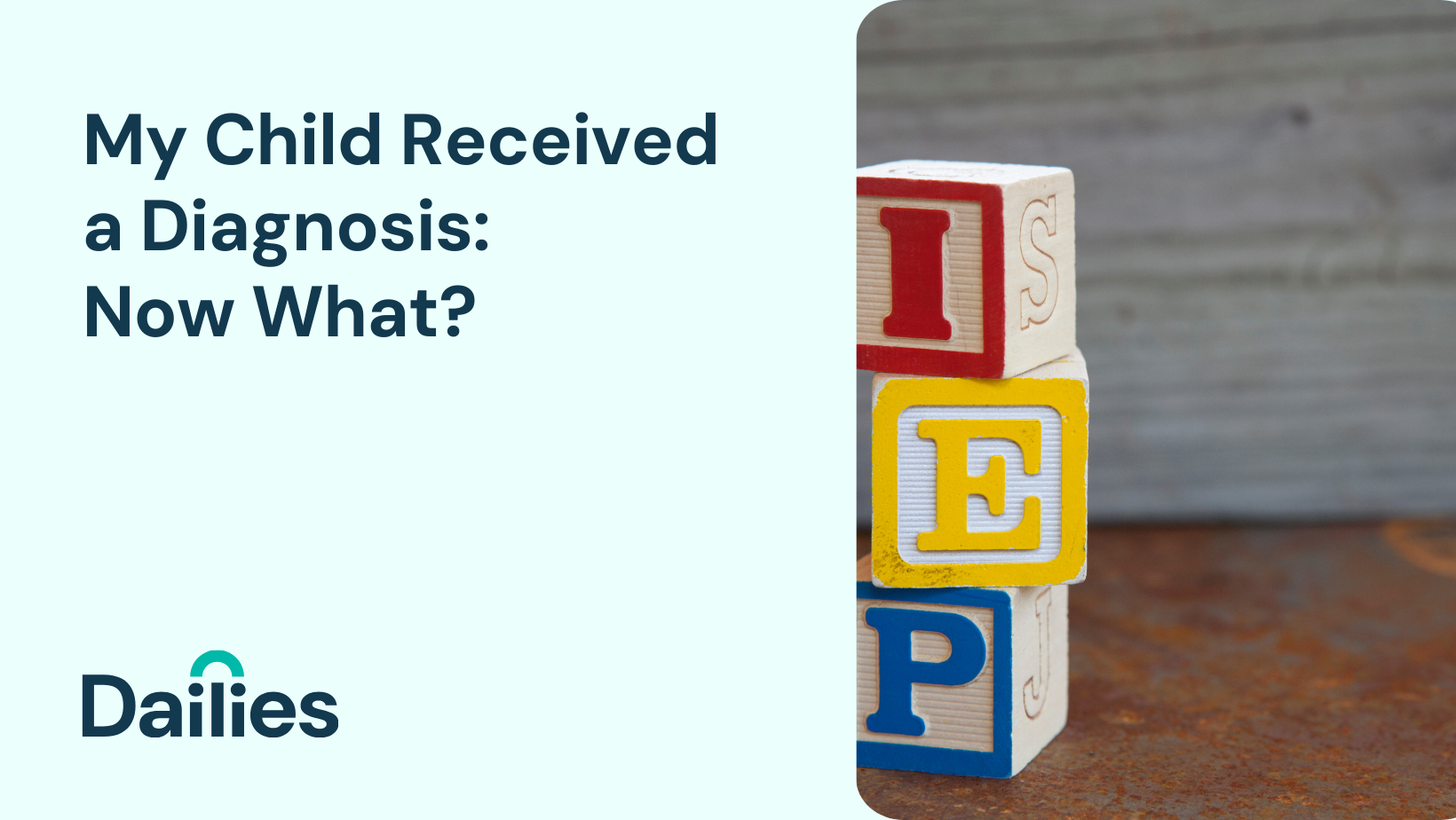
My Child Received a Diagnosis: Now What?
Like most parents, I worried about my children meeting every milestone on time. When there was the slightest deviation, I wondered if I was overanalyzing their development or if, indeed, I was right to be concerned.
When my youngest son was diagnosed with Autism Spectrum Disorder (ASD) at 3 and ½ years of age, it still caught me off guard even though I had concerns about the signifying milestone developments since his birth. The flood of information that came after that diagnostic appointment was overwhelming, to say the least. So overwhelming that I was left with the lingering questions: Now what? Where do we even begin? The available literature only spoke of early interventions, therapies, services, etc., but did not answer any of the hundreds of questions running through my brain, like where do we go, how do we start, and how will we pay for this? I wish I could go back to this time in my life and tell myself that it will all be okay, and, more than anything, I would tell myself to find another parent in my same situation to talk to–a mentor, so to speak. I imagine that having a few conversations with another parent would have saved me weeks, if not months, of stress and headaches.
So if you find yourself in a similar situation to the one that I found myself in almost 7 years ago now, let me be that parent, friend, and mentor that I so desperately needed then. First things first: WELCOME to the world of neurodiversity! According to the Merriam-Webster Dictionary, neurodiversity is defined as “individual differences in brain functioning, regarded as normal variations within the human population.” Did you catch the word “normal” in that definition? Your child, or children, no matter their functionality or behavior is normal. Because really, “normal” is just a setting on your clothes dryer! You will be amazed at what you learn not only about yourself but also about life when looking at the world through the eyes of your neurodiverse child.
Some key pieces of advice, if you are interested, are as follows:
- Choose therapies and services for your child carefully. Know that an autism diagnosis doesn’t always mean that therapy is needed. Join social media groups with actual autistic members, and see what therapies and services helped them the most when they were a child. For some families, therapy just isn’t accessible or affordable, so check with your state’s health and human services department to see what other options may be available.
- Learn as much as you can about sensory input. Ensure you are respecting your child’s sensory sensitivities as well as indulging their sensory preferences. For example, my son cannot stand to wear denim fabric as he says it is actually painful! So we buy clothing that he feels comfortable in which ensures one less sensory sensitivity for his day.
- Know that your child may or may not be the most successful with traditional schooling. Be open minded and flexible in regards to the education of your neurodiverse child as their needs can be met through many means. If public schooling is the route you choose, ensure that the school is working as a cohesive support team to achieve the best outcome.
This leads me to probably my most important piece of advice for you. If you take nothing else away from reading this, at least take this: Accept your child. Accept your child unconditionally and embrace their uniqueness. This alone will set your child on a path of self-acceptance and confidence that will shape their future.
So your child received a diagnosis. Now go and keep loving on your child and take time to educate yourself so that you can help them reach for the stars because there really is no limit to what they can achieve with your support!
By Angela Sterk
